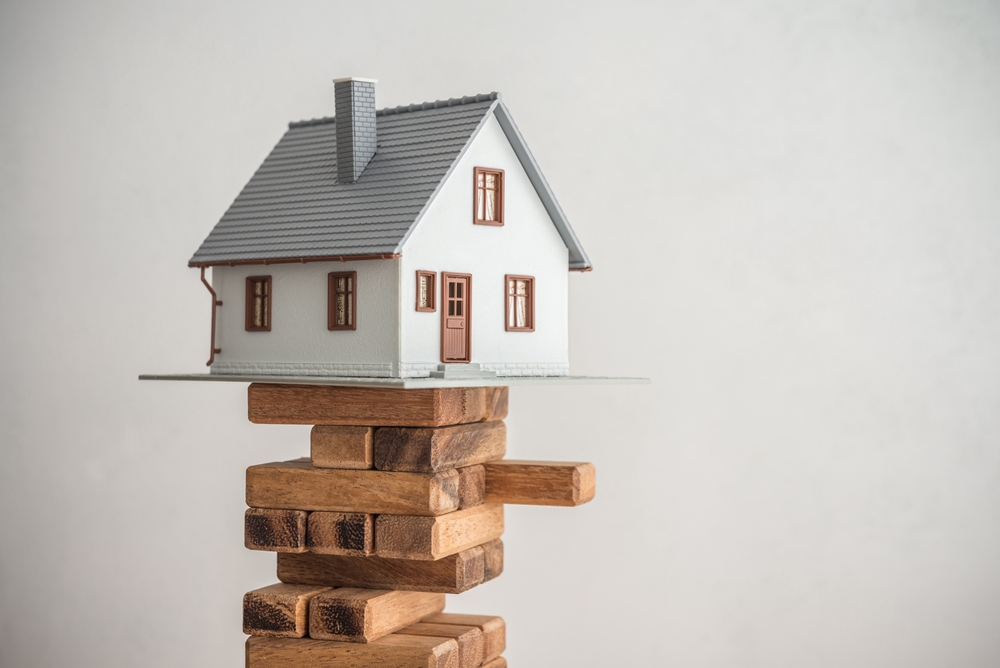UK Property Valuation: How Home Value Is Determined
Discover how home value is established in the UK housing market and what influences it. This guide explains valuation methods used by surveyors and estate agents, the strengths and limits of online valuation tools, how often to revalue your property, and practical steps to boost your home's worth. Ideal for sellers, buyers and investors seeking clear, actionable insight into property valuation and market drivers.

Understanding what determines a home’s worth helps homeowners, buyers and investors make smarter choices. Property valuation in the UK blends objective data, local market knowledge and professional judgement to produce an estimate that reflects current conditions and a property’s specific features. Below we unpack the main drivers of value, common valuation approaches, the role of online tools, recommended valuation frequency, market influences and practical ways to increase your property’s price.
Key factors that influence home value
Several elements shape how much a property is worth. Some are intrinsic to the building itself, while others stem from location and the wider economy:
- Age of the property: Older homes may have historical charm but can require more maintenance; newer builds may offer modern fittings that attract buyers.
- Recent renovations or improvements: Upgraded kitchens, bathrooms or energy-efficient features typically add value, though not every improvement guarantees full cost recovery.
- Local market conditions and demand: High demand or low supply in a neighbourhood can push prices up, while an oversupplied area can depress values.
- Proximity to schools, transport links and amenities: Accessibility and good local services are strong selling points that often command higher prices.
- Economic factors: Interest rates, employment levels and inflation affect buyer affordability and confidence, influencing prices across the board.
Knowing which of these variables apply to your property helps prioritise investments and set realistic expectations about resale value.
How valuations are carried out in the UK
Professional valuations are usually performed by surveyors or estate agents using several recognised methods. Each has strengths and fits different situations:
-
Comparative Market Analysis (CMA): This is the most common approach for residential sales. The valuer examines recent sales of similar properties nearby and adjusts for differences to reach a market-based price.
-
Cost Approach: This calculates what it would cost to rebuild the property from scratch, then subtracts depreciation. It’s most useful for unusual properties or when sales comparables are scarce.
-
Income Approach: Applied mainly to rental or investment properties, this method estimates value based on the income the asset can produce, typically using yields or capitalisation rates.
-
RICS Red Book Valuation: Members of the Royal Institution of Chartered Surveyors follow a standardised framework for formal valuations used in lending, legal or tax contexts.
Each method can produce slightly different figures, so valuers often use more than one approach and reconcile the results to form a final opinion of value.
| Service | Typical cost (GBP) |
|---|---|
| Online valuation tools | Free |
| Estate agent market appraisal | Often free; may be charged if not selling |
| Basic RICS valuation | £300 - £1,000 |
| Full structural survey | £600 - £2,000+ |
Cost disclaimer: The prices shown are indicative and can vary depending on location, property size and the chosen surveyor or service provider.
Online valuation tools — useful but limited
Automated valuation models (AVMs) and online estimate services provide rapid, often free, price indications by analysing sales data, property attributes and local trends. They are a helpful starting point, especially for tracking broad movements, but they have limitations:
- They typically cannot account for recent renovations, bespoke features or the condition of the property.
- Micro-market nuances—such as a nearby development, roadworks or an unusually desirable street—may not be reflected.
- The underlying data may lag behind the latest estate agent listings or private sales.
For the best picture, use online estimates alongside a local agent’s appraisal or a professional surveyor’s inspection.
How often should you value your property?
The ideal frequency depends on your goals and market volatility:
- Selling or refinancing: Obtain a current valuation to set price expectations and support mortgage decisions.
- Stable markets: An annual check-in helps you monitor capital growth.
- Rapidly changing markets: Revaluating every 6–12 months can identify opportunities or risks more quickly.
Frequent valuations are especially useful if you’re planning improvements, arranging borrowing against your home, or tracking investment performance.
How wider market forces affect individual properties
National and local housing market dynamics shape individual values. Key drivers include:
- Supply and demand locally: New build pipelines or planning restrictions can materially alter prices in a given area.
- Government policy: Tax changes, stamp duty adjustments or incentives influence buyer behaviour.
- Economic conditions: Shifts in interest rates and employment affect affordability and willingness to buy.
- Major events: Political or economic shocks, such as Brexit, can create uncertainty that impacts prices differently across regions.
Keeping informed about these trends helps you interpret valuation changes and time decisions such as selling or remortgaging.
Practical ways to increase your property’s value
While you cannot control every factor, targeted actions often yield measurable benefits:
- Prioritise kitchen and bathroom updates, which typically deliver strong returns.
- Improve energy efficiency (insulation, double glazing, efficient boilers) to appeal to cost-conscious buyers.
- Add usable space through extensions or loft conversions where planning permits.
- Boost kerb appeal with landscaping, fresh exterior finishes and a tidy entrance.
- Resolve structural or damp issues promptly to avoid value-sapping problems.
Research local buyer preferences and likely return on investment before committing to major works.
Final thoughts
Property valuation in the UK is a blend of data, local knowledge and professional judgement. Use online tools for quick checks, but rely on local agents and RICS-qualified surveyors for formal assessments. By understanding the factors that drive value and making carefully chosen improvements, homeowners can better protect and grow their investment in a changing housing market.






